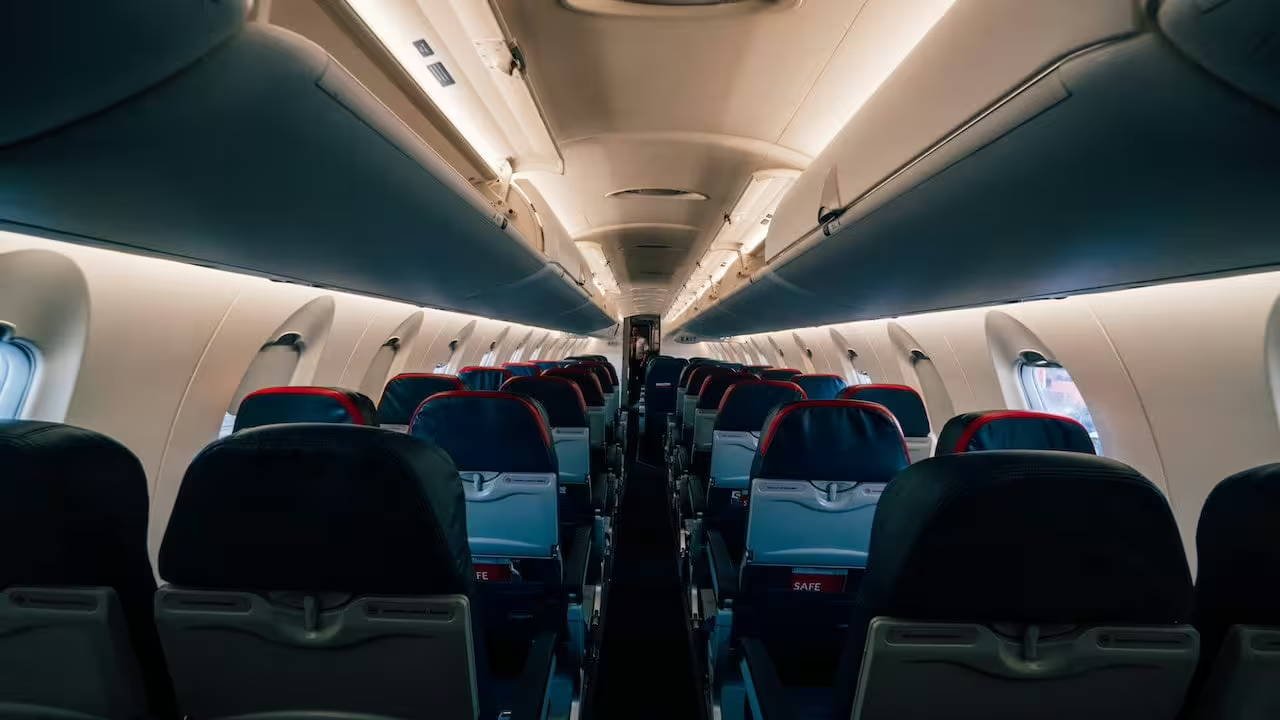
Flying is an exciting experience, especially your first time. However, while flying might save time, it can also cause several issues that can negatively impact your health. Are there flying health problems?
Luckily, most travelers may not experience any adverse health effects. However, adverse effects could be challenging if you have some underlying health conditions. Also, sometimes you might ignore these issues, but after a few trips flying becomes just a way of travel that causes many health problems! Taking the required steps will allow you to enjoy every trip and prevent flying health problems.
The cabin’s oxygen levels, temperature, and pressure are continually changing, and the humidity level is lower than on the ground. All of these variables have an impact on some of the body’s natural functioning.
Flying can affect your body in several ways, but some precautions can help you enjoy your journey to the fullest.
Humidity levels in airplane cabins are extremely low since the air at high altitudes is completely devoid of moisture and around 50% of the air in the cabin is drawn in from outside, causing dryness in the throat, nose, and skin!
Some people believe that recycling air in the cabin causes disease, but airlines have filtering systems that remove the majority of germs, fungus, and viruses. The risk, however, is not over. You might get infected by other travelers who are ill or carriers of certain diseases.
Yes, get a flu shot. Also, carry a small-sized hand sanitizer and make sure you wash your hands well throughout your travels.
Cabin pressure change increases pressure around the middle ear tissues and eustachian tubes when external pressure changes rapidly during take-off and landing. This imbalance can also cause motion sickness.
If your eustachian tubes are blocked due to inflammation caused by a cold or allergy, it can cause pain and even damage your ears.
Yawning to open the eustachian tubes that control pressure in the middle ear during take-off and landing to reduce motion sickness.
The pressure changes cause gas to expand in the stomach and intestines, which is why you feel bloated! All you have to do is avoid foods that make gas worse.
Finally, if you suffer from a chronic medical problem, you should consult your doctor before traveling. If you are not feeling well, it may be useful to postpone the plane trip.
Have fun and enjoy the trip as much as possible and remember that you have made the necessary preparations and avoid thinking about health problems and stress.











